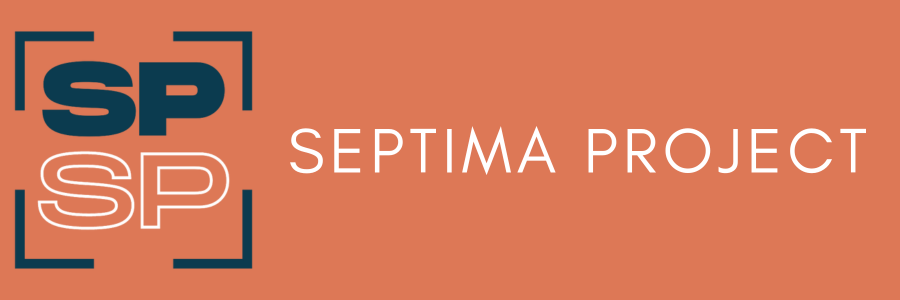How to Start Centering Relationships in Your Racial Equity Work
Jan 2024
Relationship building is a topic we love talking about in our workshops, trainings, and coaching. That’s because we think relationships are essential to advancing racial equity. If you read our recent Building Relationships for Racial Solidarity Workbook, then you know that we believe antiracism is impossible without connection, collaboration, and coalition.
Relationships help us identify shared goals and shared struggles. When we know and understand each other’s stories, experiences, and communities, we can find common ground. That’s because building relationships is an organizing strategy. History has shown us every racial justice movement has been built on people’s connection to the issues and each other. Relationships are what allow us to shift power, transform systems, and mobilize for structural change.
But let’s be clear. When we say relationship building, we don’t mean holding hands and singing kumbaya. And we don’t just mean being allies. We mean deep, sustained, and meaningful relationship building. Relationship building that fuels movements, strengthens our work, and helps get us closer to equity for all.
That kind of relationship building starts with dialogue, mutuality, trust, and accountability. It takes time, intention, and investment in people—not just buzzwords, quick fixes, or DEI strategies.
Ready to start centering relationship building in your equity work? Here are some ideas for building relationships and racial solidarity.
Start the conversation. Think of a multiracial group you belong to (ERG, equity committee, book club). Challenge the group to go beyond icebreakers and teambuilding activities to build trust and rapport. Put your usual agenda aside and plan a dialogue wherein people can discover mutual interests, share stories about who they are, and discuss how race shapes their lives. Make sure you have a facilitator and ground rules in place before you begin. Use the reflection questions in our Building Relationships for Racial Solidarity Workbook to help kick things off.
Support racial justice organizing. There are always protests to join or rallies to organize, but we know direct action isn't for everybody. Luckily, there are plenty of other ways to advocate for grassroots change. Getting involved is an important way to show up, build trust, and foster collaboration. Discover what organizations are taking action in your community and begin making connections. Before diving in, find out what’s needed—whether that’s donating money, volunteering your skills, or spreading the word.
Join a mutual aid group. Mutual aid brings people together to support one another for the common good. It‘s also a key way to build solidarity and foster collective action. Identify a need that's not being met in your community and join others to address it—whether it's a bail fund, food distribution, or disaster relief. Find a group where you live or start your own.
Host a watch party. Media has the power to shift narratives and open dialogue about race. Get the conversation going by organizing a viewing party with friends or colleagues to watch and discuss movies or shows that show multiracial solidarity in action. Try some of our faves, like the series Good Lord Bird or the documentary American Revolutionary: The Evolution of Grace Lee Boggs.
Do a post-mortem. Think of a time when you witnessed, experienced, or contributed to racial harm or perpetuated inequities. Maybe it was a microaggression you observed or racist comment you overheard. Reflect on what you would do differently to confront racism, acknowledge harm, and create a process for repair. Practice what you would say and come up with a plan for showing up and showing care. If you were the target, think about how you might ask for support or what you need for your own racial healing (maybe it’s an apology, maybe it’s a discussion, or maybe it’s just getting the hell out of a racist space).


